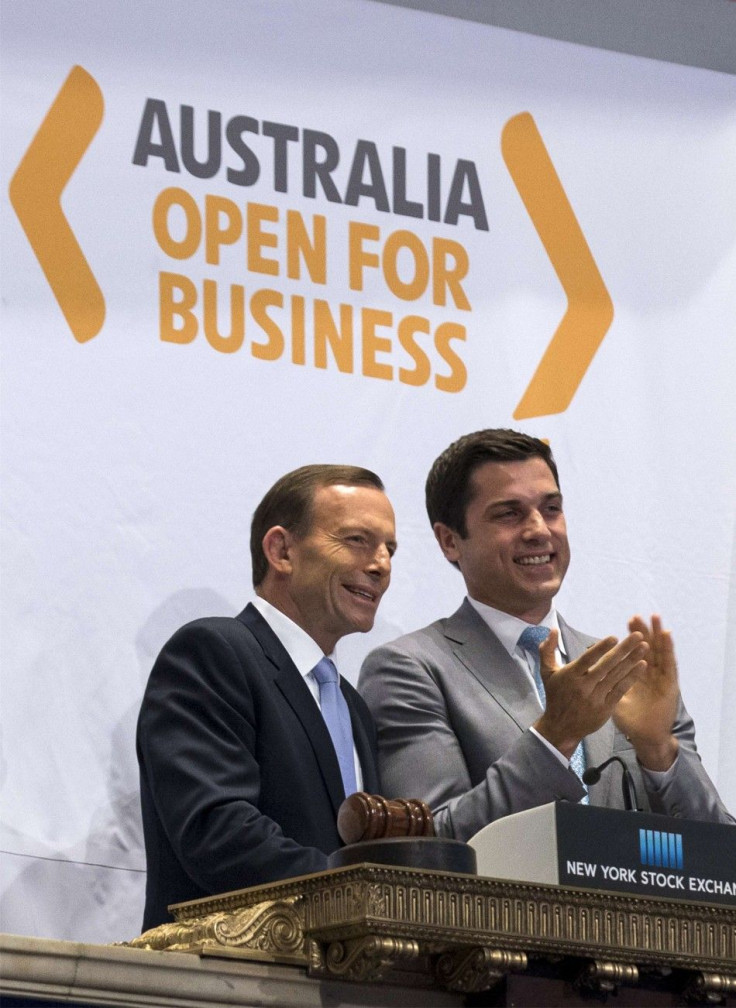Australia's Role in Iraq May Expand If Strong U.S.- Led Alliance is Seen

Although Australia has expressed its intention to send troops to Iraq, strategic experts have agreed its military role will remain "limited." Australia's Opposition has yet to be briefed about the government's decision to do its part in Iraq.
According to reports, the government was "actively" considering a move to join the United States in air strikes against Islamic State militants. The National Security Committee has reportedly met last Aug. 25 to discuss the matter. The presence of Iraqi diplomatic staff was noted but the Office of the Prime Minister had declined to comment on the nature of their visit.
Prime Minister Tony Abbott appeared to be urging the U.S. government to go for a stronger leadership role against the threat of militants, said Peter Jennings, the Australian Strategic Policy Institute executive leader, and James Brown, Lowy Institute's military fellow.
Jennings said Mr Abbott's options were "very limited" considering the lack of a stronger U.S. policy against Iraq.
In a report by the Guardian, Brown said Australia's strategy was not clear to him. He believes Mr Abbott has taken his "lifting not leaning" strategy and applied it in international affairs. It also remained unclear if Australia wants to take on a greater role other than expressing a symbolic commitment to support the U.S.
The Australian prime minister has indicated that the government will do what it can to promote American leadership. He said the country is ready to help where it "reasonably and prudently can." Mr Abbott has expressed his concerns about the threat posed by Islamic State militants in Iraq and Syria.
Labour party leader Bill Shorten has indicated he has not been briefed on the prospect of Australia sending its troops or participating in air strikes. Australia is currently conducting humanitarian air drops in a joint international effort to help civilians trapped because of ISIS.
Shorten had expressed his support for Australia to send to the Royal Australian Air Force to provide aid but the Abbott government has not yet revealed any plans of going beyond humanitarian aid. He said he will not speculate in front of media but he talked of his plans to scrutinise the government of a possible move.
Australian Greens and the Independent Tasmanian MP Andrew Wilkie have urged the government to seek the approval of Parliament before deploying military troops.
Brown, who has previously served in Iraq, called on the Abbott government to consider the implications of Australia adopting a greater role in Iraq carefully. He said the government must consider the opportunity cost. He suggested options that could increase Australia's involvement such as providing aircraft and geospatial intelligence.
He said Australia has not explicitly expressed its objective beyond its support for the U.S. alliance. It was also not clear how contributing military aircraft will help bring about a decisive action against ISIS.
The strategic expert believes bringing down ISIS could take years. Australia's options are limited without a more coherent U.S. policy against ISIS in Iraq.





















